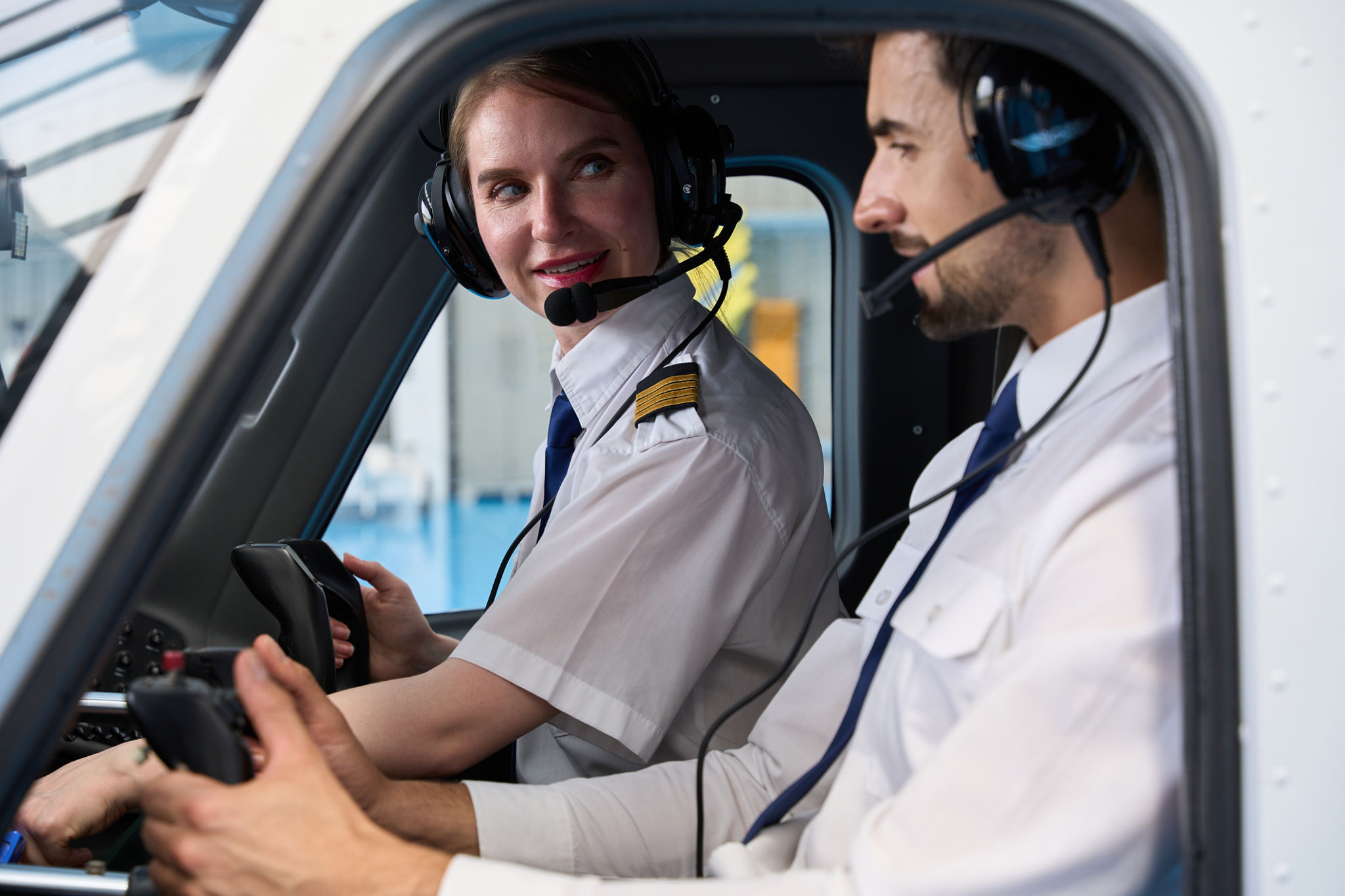Common Misconceptions About Pilot Training in Western PA
Understanding Pilot Training Requirements
One of the most common misconceptions about pilot training in Western Pennsylvania is the idea that you need to have a background in aviation before you start. In reality, pilot training programs are designed to teach you everything you need to know from the ground up. Whether you’re a recent high school graduate or looking for a career change, flight schools are equipped to guide you through the process.
Another misunderstanding is that pilot training is exclusively for those pursuing a career in commercial aviation. Many people undertake pilot training for personal growth, recreational flying, or to fulfill lifelong dreams. Flight schools offer different programs tailored to meet diverse needs and goals.

The Financial Aspect of Pilot Training
The cost of pilot training often deters aspiring pilots, but it’s important to understand what these costs entail. Training expenses cover a variety of components including flight time, ground instruction, and materials. While it can be significant, many flight schools offer financial aid and flexible payment plans to make the dream of flying more accessible.
Additionally, there are scholarships available for students who demonstrate a strong passion for aviation. Researching and applying for these opportunities can significantly reduce the financial burden of training.

Time Commitment and Training Duration
A common belief is that pilot training takes years to complete. In reality, the duration varies depending on the type of license pursued and how intensively you can dedicate your time to training. A private pilot license, for example, can be obtained in less than a year with dedicated effort.
For those pursuing a commercial pilot career, additional certifications are required, extending the training period. However, many programs offer part-time options to accommodate students’ varying schedules.

Age Restrictions in Pilot Training
There’s a misconception that age is a significant barrier to becoming a pilot. While it’s true that commercial airlines have age restrictions for hiring pilots, there’s no maximum age limit for learning to fly or obtaining a private pilot license. Many individuals start their aviation journey later in life.
The minimum age requirement to obtain a private pilot license is 17 years, but aspiring pilots can begin their training before reaching this age. The key is maintaining good health and meeting the necessary medical requirements.
The Role of Technology in Training
Some believe that traditional methods still dominate flight training. However, modern technology plays a crucial role in today’s aviation education. Simulators and advanced software are integrated into curricula, allowing students to practice scenarios safely and affordably.
These technological advancements provide aspiring pilots with a comprehensive learning experience, preparing them for real-world flying situations with confidence and skill.

Conclusion: Debunking Myths for Aspiring Pilots
Misconceptions about pilot training can deter potential aviators from pursuing their passion. By understanding the realities of aviation education in Western Pennsylvania, prospective students can make informed decisions about their future.
Whether you’re drawn by the allure of the skies or seeking a new career path, pilot training offers a fulfilling and exciting opportunity to explore the world from above.
